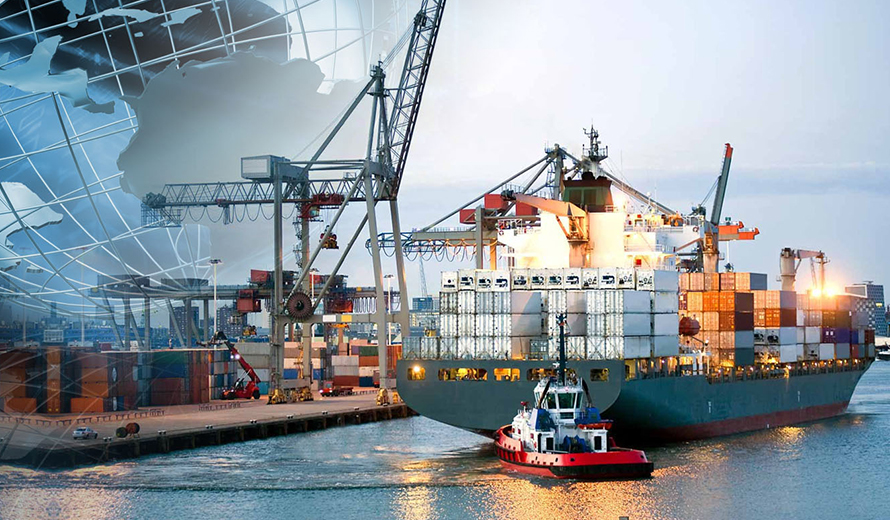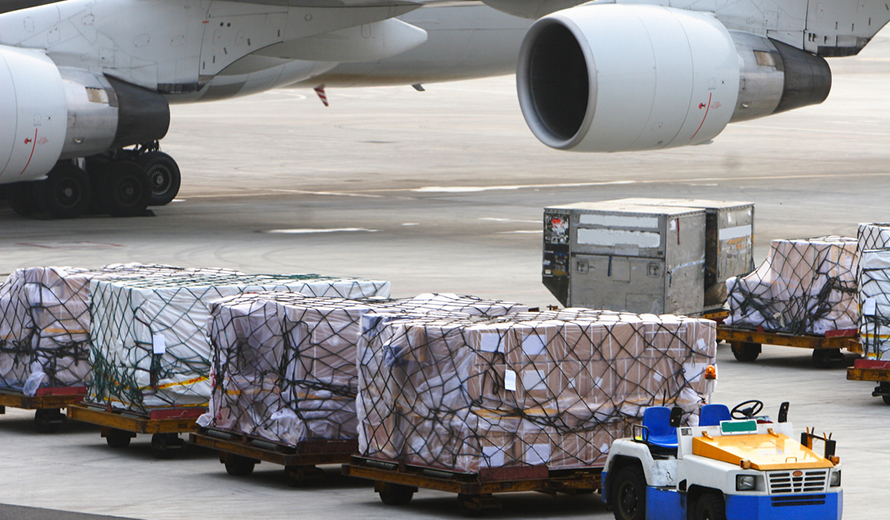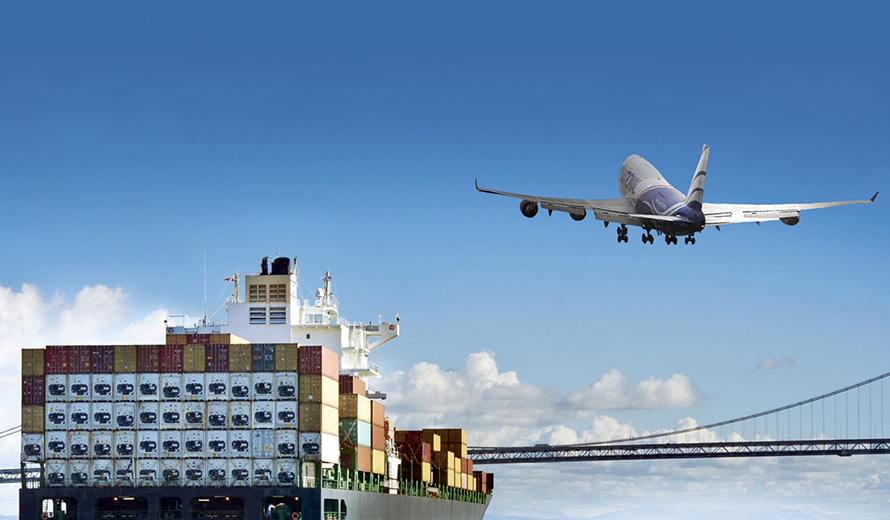There is a considerable amount of debate about whether ocean freight or air freight is the best option for shipping. Each method has its pros and its cons, but which is the best way to ship your cargo?
This blog post will discuss each method in detail, looking at issues such as cost, shipping time, shipping charges, and reliability to determine which method is best for your needs.
Ocean Freight

Ocean freight is slower but much cheaper.
Carriers sail on a weekly or biweekly basis, which means two things:
- missing the cut-off time at a seaport can significantly delay a shipping schedule; and
- ocean freight shipping is not very flexible
There can also be potential issues with damage to cargo due to weather conditions while it is waiting at a port of transfer. In general, ocean shipping involves a higher probability of damage due to both additional stops and handling required. Shipping by ocean, as already mentioned, is slower. Ocean freight shipping can take a few weeks or even months to arrive, however new routes and improved ship designs are increasing these speeds. While ocean shipping has literally been used for hundreds of years, air freight is considered more reliable.
Once the shipment arrives, it will need to be picked up from the destination port. Ocean shipping charges are usually based on container size (with 20’ and 40’ being the standard) although weight may be considered. If the shipment is less than a container, the charge will likely be based on volume. Ocean shipping is typically the most economical option for heavier cargo, and results in less overall cost.
Air Freight

Air freight is the fastest and most flexible option, but also the most expensive. Flights typically depart daily unless there are delays due to circumstances such as weather. Air freight shipments usually take just a few days and damage to the cargo is less probable. It also involves less handling and fewer stops. Weather delays have less of an impact on overall shipping time for air freight than it does for ocean freight.
Cargo shipped by air freight would be picked up from the nearest international airport which is relatively easy to reach. Air freight shipping charges are based on a combination of weight and size (referred to as chargeable weight). Finally, air freight typically costs 5 to 6 times as much as ocean freight and is typically the most economical options for smaller, more valuable cargo.
Conclusion
Air freight and ocean freight both have their pros and cons, and there isn’t a “one size fits all” solution. The decision of whether to use air or ocean shipping is dependent upon factors such as the size and weight of the shipment, available shipping budget, and time constraints. A reliable freight forwarding company can help you navigate the ins and outs of both options to find the optimal solution for your organization and its goals, from departure to arrival.

